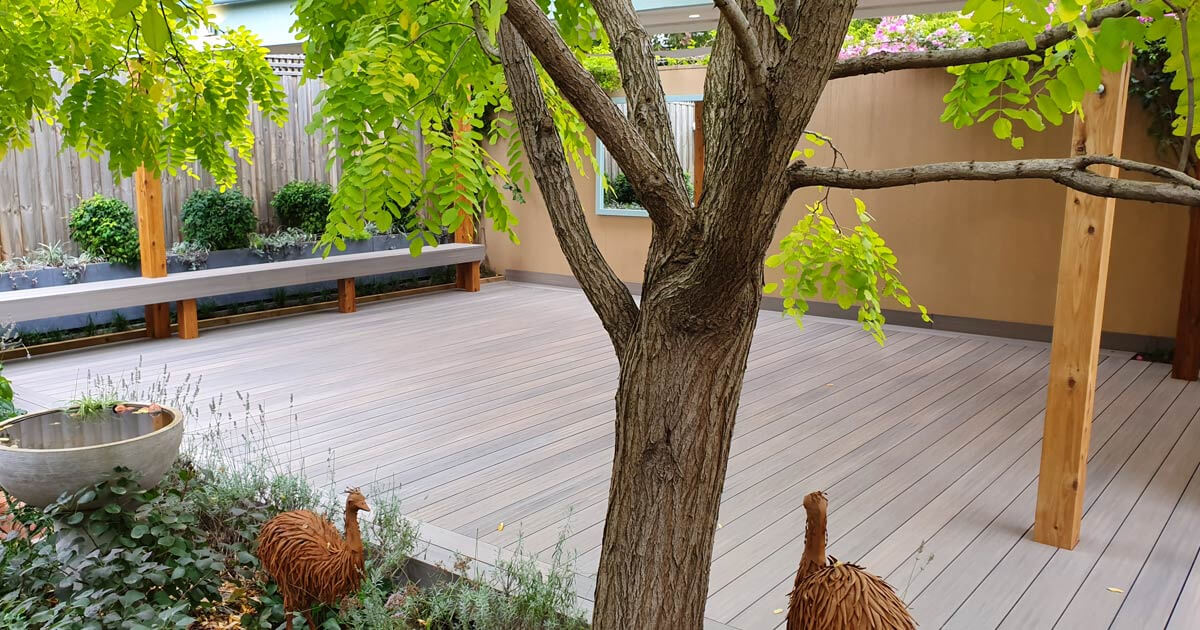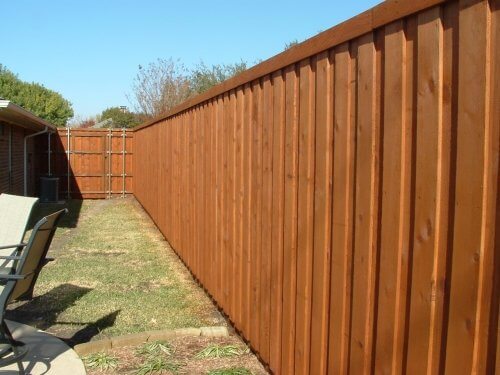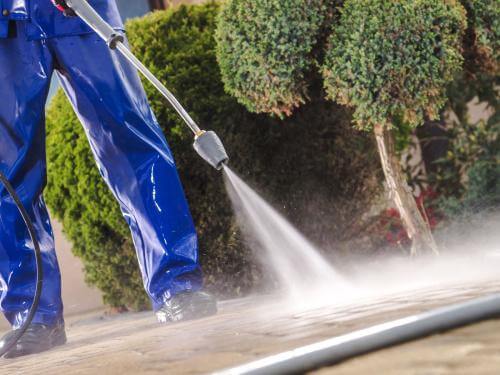Will Deck Stain Kill Grass? Understanding the Impact on Your Lawn

Deck stain can kill grass?
Maintaining the beauty of your outdoor living spaces often involves protecting and preserving wooden structures such as decks and fences. One common method of preservation is applying deck stain. However, if you have a lush lawn surrounding your deck, you might wonder whether deck stain can harm your grass. In this article, we will explore the impact of deck stain on grass and provide insights into how you can protect your lawn while beautifying your deck.
Understanding Deck Stain Composition:
Before delving into the potential effects on grass, it is essential to understand the composition of deck stain. Deck stain consists of pigments, additives, solvents, and binders that work together to protect wood from moisture, UV rays, and general wear and tear. Different types of deck stains have varying levels of toxicity and environmental impact.
Potential Harm to Grass:
While deck stain is primarily designed to protect wood and not harm plants, certain ingredients in some stain formulations can have adverse effects on grass. The most common concern is the presence of toxic chemicals, such as volatile organic compounds (VOCs) and heavy metals, which may pose a threat to plant life if not handled properly. If deck stain is applied directly onto grass or if overspray occurs during application, the grass may suffer damage, discoloration, or even death.
Preventing Damage to Grass:
To safeguard your lawn from potential harm caused by deck stain, it is crucial to follow a few preventative measures:
1.Preparation and Application:
Prepare the area: Before staining your deck, ensure the lawn is well-prepared. Mow the grass to a shorter length, remove any debris or loose dirt, and cover the grass with plastic sheets or tarps to prevent direct contact with the stain.
Use caution during application: Be mindful of wind conditions while applying deck stain to minimize overspray. Direct the stain application away from the lawn and take care to avoid any spillage or drips onto the grass.
2.Choose the right stain:
When selecting a deck stain, opt for environmentally friendly options that contain fewer harmful chemicals. Water-based stains tend to have lower VOC levels compared to oil-based counterparts, making them a safer choice for both the environment and your lawn.
3.Shielding the grass:
If you have a large lawn surrounding your deck, consider creating a protective barrier using plastic or drop cloths. This physical barrier can prevent the stain from coming into direct contact with the grass, minimizing the risk of damage.
4.Dilution and Cleanup:
In case of any accidental contact between deck stain and grass, act promptly. Dilute the stain immediately by hosing down the affected area with water. Additionally, make sure to clean up any spills or drips as soon as they occur to prevent further harm.
While deck stain is primarily intended to protect and enhance wooden surfaces, it can potentially harm grass if not applied with caution. By taking necessary precautions, such as proper preparation, careful application, and using environmentally friendly stain options, you can minimize the risk of damage to your lawn. Always read the product labels and follow the instructions to ensure a successful deck staining project without compromising the health and beauty of your grass and landscaping.
Call (630) 489-6970 or schedule a free estimate online and restore the look of your deck today.





